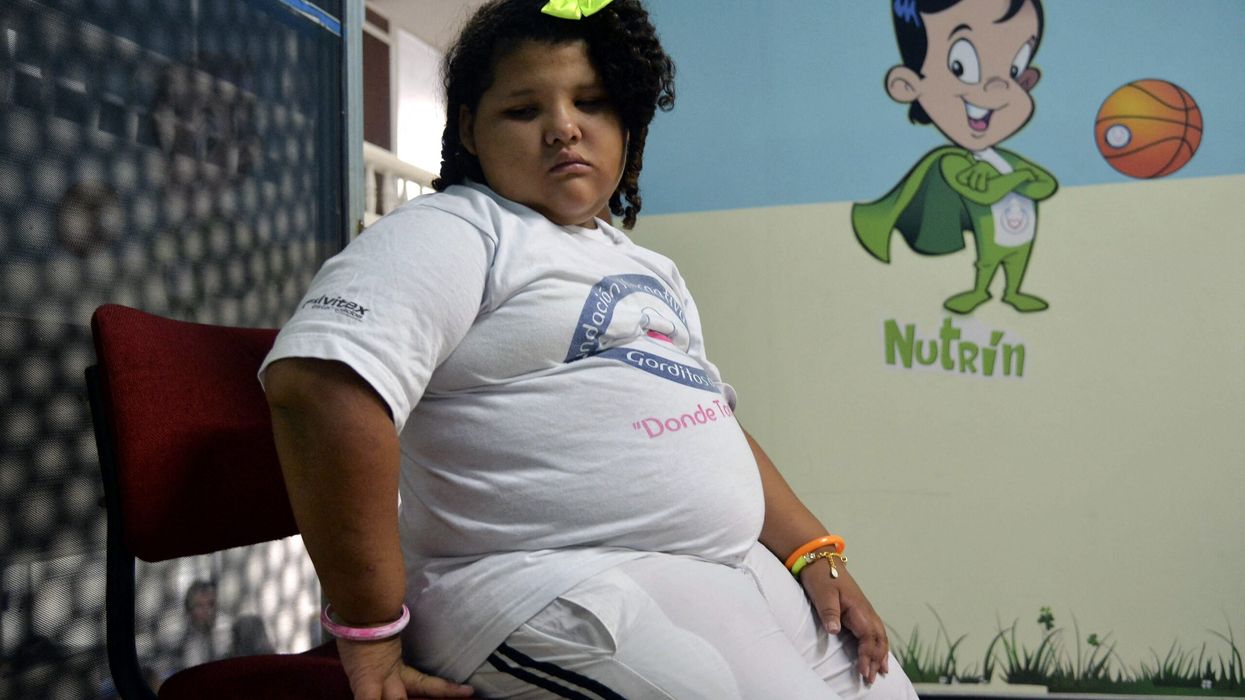Early menstruation, or periods, in young girls has been linked to childhood obesity and a higher risk of adverse health outcomes, such as cardiovascular disease and cancer, a new study has found.
The research was done on more than 70,000 women in the US.
The average age of getting the first period fell from 12.5 years among women born from 1950-1969 to 11.9 years among women born from 2000-2005, according to the study led by Harvard University's School of Public Health.
The trends were found to be more stark in women belonging to racial minorities like Black, Hispanic, Asian, or mixed race and in women rating themselves as low in socioeconomic status.
The study, published in The Journal of the American Medical Association (JAMA) Network Open, is the first to discern menstrual trends in women across races and social strata, according to the researchers.
“Continuing to investigate early menarche and its drivers is critical,” said corresponding author Zifan Wang, a postdoctoral research fellow at Harvard's School of Public Health.
"Early menarche is associated with a higher risk of adverse health outcomes, such as cardiovascular disease and cancer,” he said.
“To address these health concerns, which our findings suggest may begin to impact more people, with a disproportionate impact on already disadvantaged populations, we need much more investment in menstrual health research," Wang said.
The research also found that menstrual cycles are taking time before becoming regular, with 56 per cent of women born from 2000-2005 reporting regular periods within the two years following their first period, compared to 76 per cent among those born from 1950-1969.
Using the Apple Women's Health Study's diverse dataset, the researchers enrolled 71,341 women between November 2018 and March 2023.
A subset of nearly 62,000 participants self-reported the time it took for their menstrual cycles to become regular, and another subset provided their body mass index (BMI) at the time of their first period.
"The mean age at menarche decreased from 12.5 years in 1950 to 1969 to 11.9 years in 2000 to 2005," the authors wrote.
"The number of individuals experiencing early menarche (before age 11 years) increased from 8.6 per cent to 15.5 per cent, the number of individuals experiencing very early menarche (before age 9) increased from 0.6 per cent to 1.4 per cent, and the number of individuals experiencing late menarche (at age 16 or later) decreased from 5.5 per cent to 1.7 per cent," they wrote.
The researchers found that BMI, an indicator of obesity, could explain the early onset of menstruation in nearly half of the women reporting that information.
"Within a subset of 9,865 participants with data on BMI at menarche, exploratory mediation analysis estimated that 46 per cent of the temporal trend in age at menarche was explained by BMI," they wrote.
The findings provide a better understanding of menstrual health across the lifespan and how our lived environment impacts this critical vital sign, said the authors.




